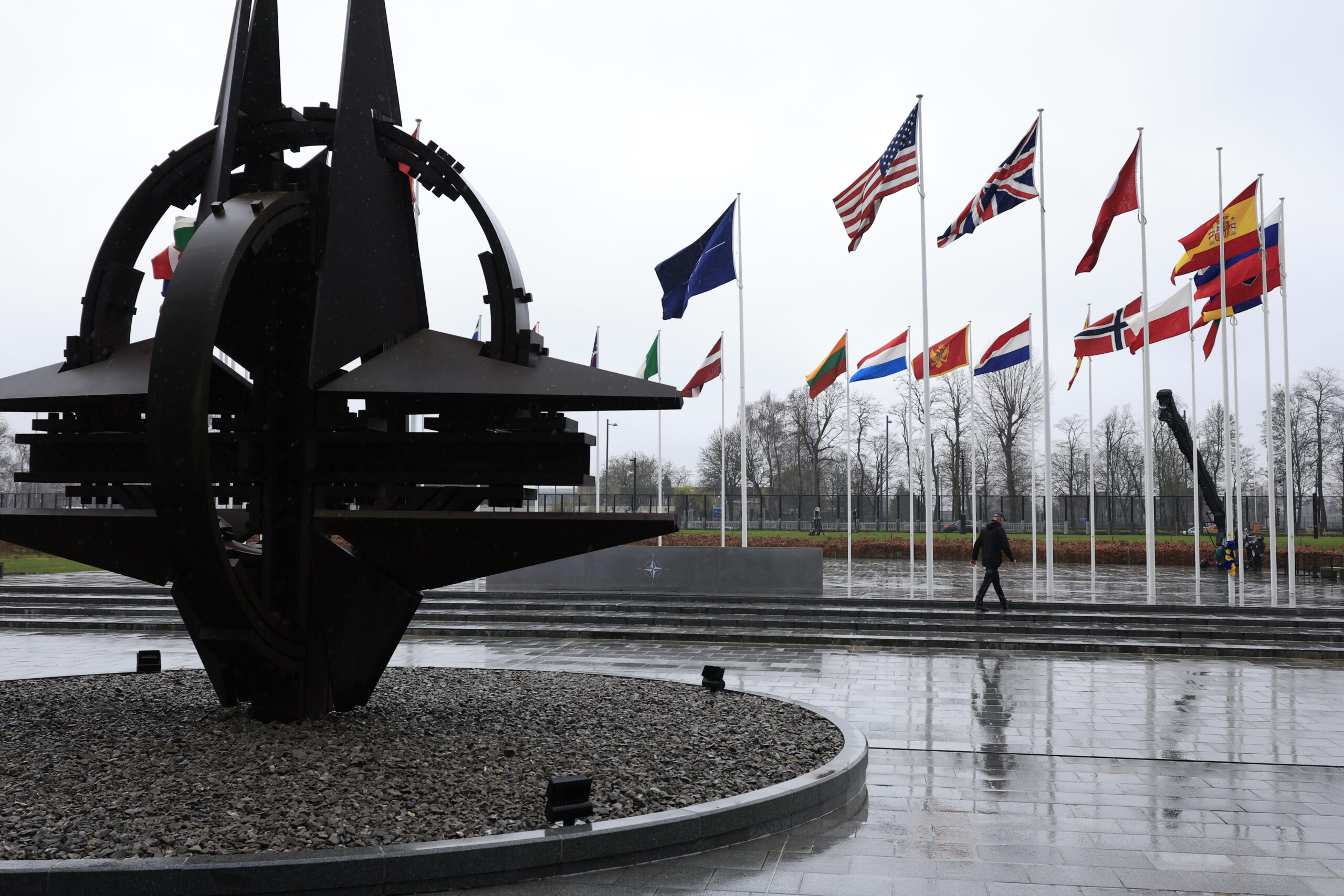
This article was originally published on NY Sun - Foreign. You can read the original article HERE

All eyes will be on President Biden this week as the heads of state or government of the 32 members of the North Atlantic Treaty pour in to Washington from Europe and Asia and Mr. Biden tries to show that he’s got the right stuff to stay on the job.
Almost as important, the gathering will provide a stage for the new British prime minister, Sir Keir Starmer, to show off in front of his treaty colleagues days after his Labour Party won a victory for control of parliament, elevating him to prime minister.
Don’t expect Labour, despite its name, to reverse the policies of the outgoing Conservatives when it comes to defense of Europe, including Ukraine. The far-left elements of Labour, under Jeremy Corbyn, have receded to the fringes of the party since their defeat five years ago. Mr. Corbyn is now officially an “independent” — not even a member of the party.
Mr. Starmer throughout his campaign and now as prime minister, is anxious to show that Britain is as supportive as ever of NATO’s aims, including the war in Ukraine. Britain is raising its defense spending to 2.5 percent of GDP, slightly above the 2 percent minimum threshold, and is pumping in military aid as much as ever — though not F16 fighter planes, not in the British inventory, or Patriot missiles, which the British don’t make either.
In what looked like a carefully orchestrated move, his newly appointed defense secretary, John Healey, made the Black Sea port of Odessa his first stop on the job. While there, the Guardian reported, he unveiled a list of the arms and ammunition the new government would bestow on Ukraine, including artillery shells and missiles.
Trust us, Mr. Starmer told President Zelensky, the change in British leadership “makes no difference to the support you will see,” at least from the UK. Mr. Zelensky will also be at the summit, as probably the most visible foreign observer, lobbying for all the aid he can get but not calling too loudly for NATO to accept Ukraine as a member, as he did at last year’s NATO parley at Vilnius.
Although Washington supports Ukrainian membership, other pivotal members, notably France and Germany, not wanting to upset the Russians too much, are against it.
The target of the most questions, and doubts, at the summit will be President Macron, whose centrist alliance in parliamentary elections is now sandwiched between leftist and rightist coalitions. Mr. Macron is all for supporting Ukraine against the Russians but will be distracted by the need to stitch together a government scarcely two weeks before France hosts the Summer Olympics in Paris.
Hanging over all those at the summit will be the question of Mr. Biden’s chances of surviving pressure to pull out of the race for reelection and then, if he does insist on running, of defeating President Trump, a critic the Europeans members of NATO who failed to meet their pledges to spend 2 percent of GDP on defense.
Mr. Biden’s advancing age has injected new uncertainty into the presidential race,” according to a paper produced by the British think tank Chatham House. “The decision for Starmer is how much to try to persuade the US — as well as other wavering members of NATO — to remain a defender of Ukraine, on the grounds not just of sovereignty but European security,” the paper observes.
This article was originally published by NY Sun - Foreign. We only curate news from sources that align with the core values of our intended conservative audience. If you like the news you read here we encourage you to utilize the original sources for even more great news and opinions you can trust!










Comments